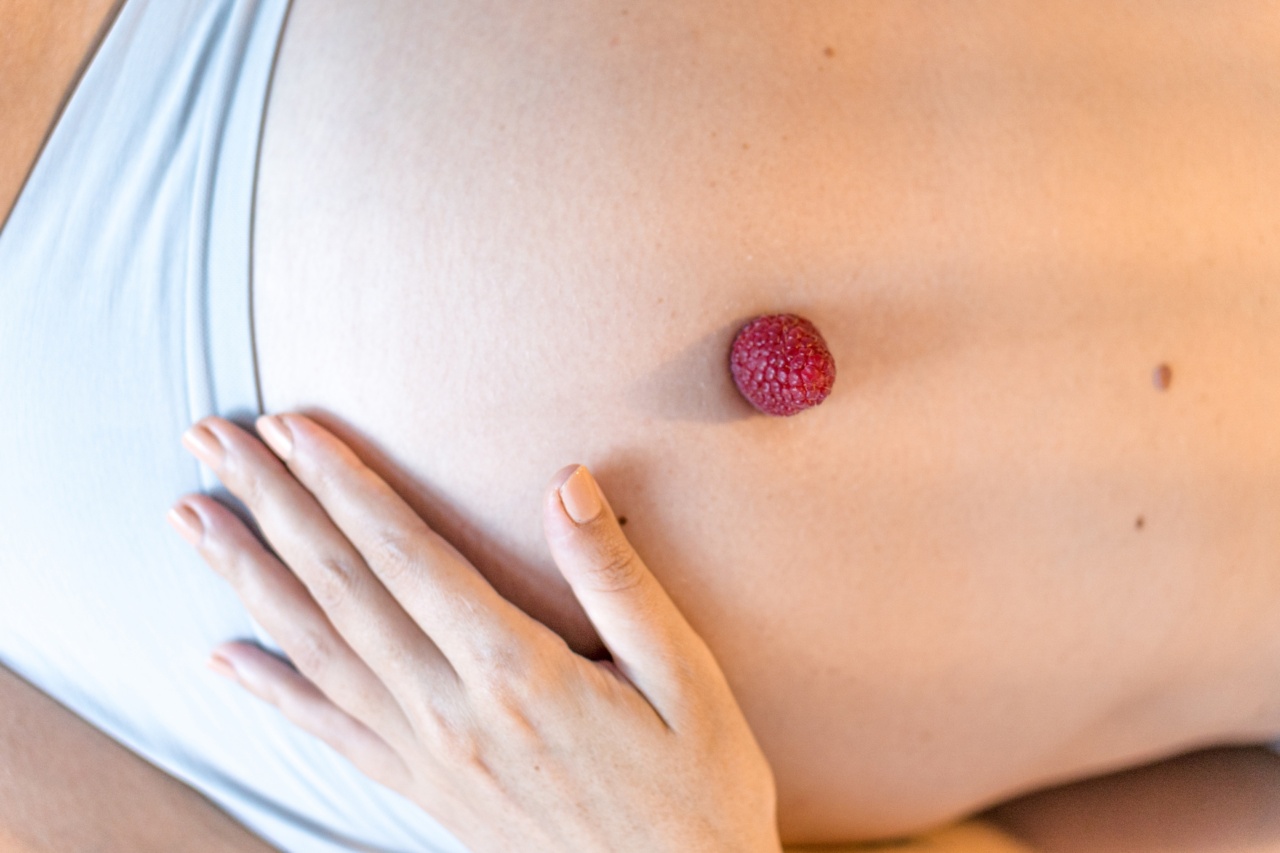A stroke occurs when there is a disruption in the blood supply to the brain, either due to a clot blocking a blood vessel or a blood vessel bursting. It is a serious medical condition that can lead to severe disability or even death.
While there are risk factors that cannot be controlled, such as age and family history, certain lifestyle choices and consuming the right vitamins can help in preventing strokes. This article explores the vitamins that can keep strokes at bay and how to incorporate them naturally into your diet.
Vitamin C
Vitamin C is a powerful antioxidant that helps protect the body’s cells from damage caused by free radicals. Studies have shown that an adequate intake of vitamin C is associated with a reduced risk of stroke.
Citrus fruits like oranges, lemons, and grapefruits are excellent sources of vitamin C. Including these fruits in your daily diet can help boost your vitamin C levels naturally.
Vitamin E
Vitamin E is another antioxidant that plays a crucial role in protecting against stroke. It helps prevent the oxidation of LDL cholesterol, which reduces the formation of plaque in the arteries.
Foods rich in vitamin E include nuts, seeds, spinach, and broccoli. Adding these foods to your diet can help ensure a sufficient intake of vitamin E.
Vitamin B6
Vitamin B6 is essential for maintaining a healthy nervous system and cardiovascular function. It helps reduce inflammation and regulate homocysteine levels in the blood. Elevated homocysteine levels are associated with an increased risk of stroke.
Good sources of vitamin B6 include chickpeas, bananas, salmon, and potatoes.
Vitamin B12
Vitamin B12 is necessary for the production of red blood cells and the proper functioning of the brain and nervous system. Deficiencies in vitamin B12 have been linked to an increased risk of stroke.
Animal-based foods like meat, fish, dairy, and eggs are excellent sources of vitamin B12. Vegetarians and vegans should consider taking a B12 supplement or incorporating fortified foods and plant-based milks into their diet.
Vitamin D
Vitamin D deficiency has been associated with an increased risk of stroke and other cardiovascular diseases. The body produces vitamin D in response to sunlight, so getting regular sun exposure is important.
Additionally, fatty fish like salmon and mackerel, fortified dairy products, and egg yolks are good dietary sources of vitamin D.
Vitamin K
Vitamin K is essential for blood clotting, which can prevent excessive bleeding. It also helps keep calcium out of the arteries, reducing the risk of blood clots that can lead to stroke.
Leafy green vegetables such as spinach, kale, and broccoli are rich sources of vitamin K. Incorporating these vegetables into salads, stir-fries, or smoothies can help ensure an adequate intake.
Omega-3 Fatty Acids
Omega-3 fatty acids have been shown to have numerous health benefits, including reducing the risk of stroke. They help lower blood pressure, decrease inflammation, and improve overall heart health.
Fatty fish like salmon, mackerel, and sardines are excellent sources of omega-3 fatty acids. Vegetarian options include flaxseeds, chia seeds, and walnuts.
Coenzyme Q10
Coenzyme Q10 is a powerful antioxidant that helps protect the body’s cells against oxidative damage and plays a crucial role in energy production. Some studies suggest that coenzyme Q10 supplementation may help prevent strokes.
Good dietary sources of coenzyme Q10 include organ meats, fatty fish, and soybean oil.
Magnesium
Magnesium is an essential mineral that plays a vital role in maintaining heart health and preventing strokes. It helps regulate blood pressure, relax blood vessels, and prevent the formation of blood clots.
Green leafy vegetables, nuts, seeds, and whole grains are excellent sources of magnesium.
Conclusion
Preventing strokes involves making healthy lifestyle choices and incorporating essential vitamins and nutrients into your diet.
Ensuring an adequate intake of vitamin C, vitamin E, vitamin B6, vitamin B12, vitamin D, vitamin K, omega-3 fatty acids, coenzyme Q10, and magnesium can significantly reduce the risk of stroke. Including a variety of fruits, vegetables, nuts, seeds, and fatty fish in your daily meals can help you obtain these vitamins naturally.
It is always advisable to consult with a healthcare professional or registered dietitian for personalized advice and guidance tailored to your specific needs.






























